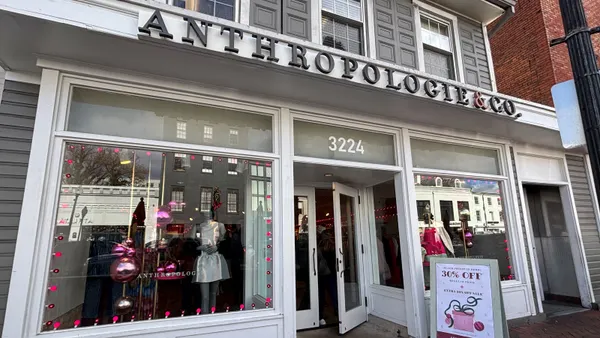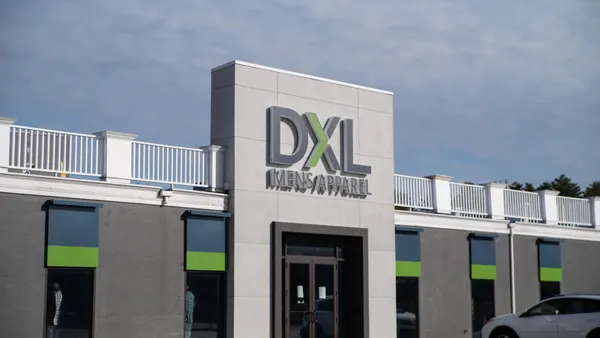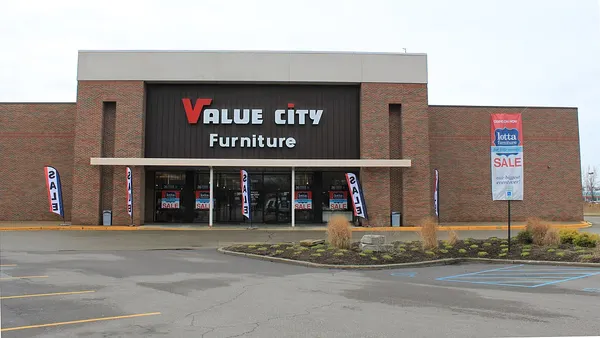In its financial report for its first quarter, ended May 31, home goods and organization retailer the Container Store made news last week with its statement that its disappointing results were due to what the company said is the economy’s current “retail funk.”
Is it true?
Several retailers continued in the spring to blame a brutal winter for sluggish sales, and the U.S. Commerce Department has agreed with them. But many economists have also noted that despite improvements in the economy, shoppers are still holding back.
If so, why?
Despite low inflation, some prices are rising
Many retailers these days are playing hardball when it comes to competing on price. That, of course, is driven largely by how easy it is for consumers to find the best price online. In fact, even physical stores have done a good job of eliminating showrooming — where customers check out their goods in the store but find a better price from an e-retailer — by matching those basement online prices.
But while inflation is low and many retailers are keeping their prices down, many other everyday expenses, including gas and food, are going up.
With life getting a bit more expensive, consumers may be wary of splurging.
Employment is up, but wages are stalled
The Federal Reserve noted last month, as many economists have as well, that the economy is steadily improving. Still, even with employment and other economic indicators showing increasing strength, wages for middle-income families have tarried.
High-end retailers doing well
The retailers that wouldn’t agree that there’s any “retail funk” are those at the high end. Luxury retailers in particular are not finding the price pressures or reluctance to buy.
That there is an established and growing income gap in the United States is now well documented. Income inequality has been worsening since the 1970s, and has now reached levels not seen since the robber baron era, according to research by University of California-Berkeley economist Emmanuel Saez. There’s also a wealth gap, according to other research by Saez and others, which means that the middle class doesn’t have as much to fall back on these days, either.
U.S. consumers dealing with debt
For many years until the economic crisis of 2009, consumers mitigated the effects of wage stagnation by going into debt. But there are signs that U.S. consumers have changed their ways. Even with the economic improving and their spending — including debt spending — rising somewhat, consumers aren’t going back to their old habits.
Do retailers have a role in improving consumer confidence?
While many politicians and even economists argue about how a higher minimum wage would affect employment, there’s greater agreement that better wages would improve consumer spending.
That means that retailers that raise their minimum hourly wages, like Ikea and Gap Inc., would be contributing to lining consumer pockets with more money, among other possible benefits to business.
Would you like to see more retail news like this in your inbox on a daily basis? Subscribe to our Retail Dive email newsletter! You may also want to read Retail Dive's look at weird return stories from retail stores.














